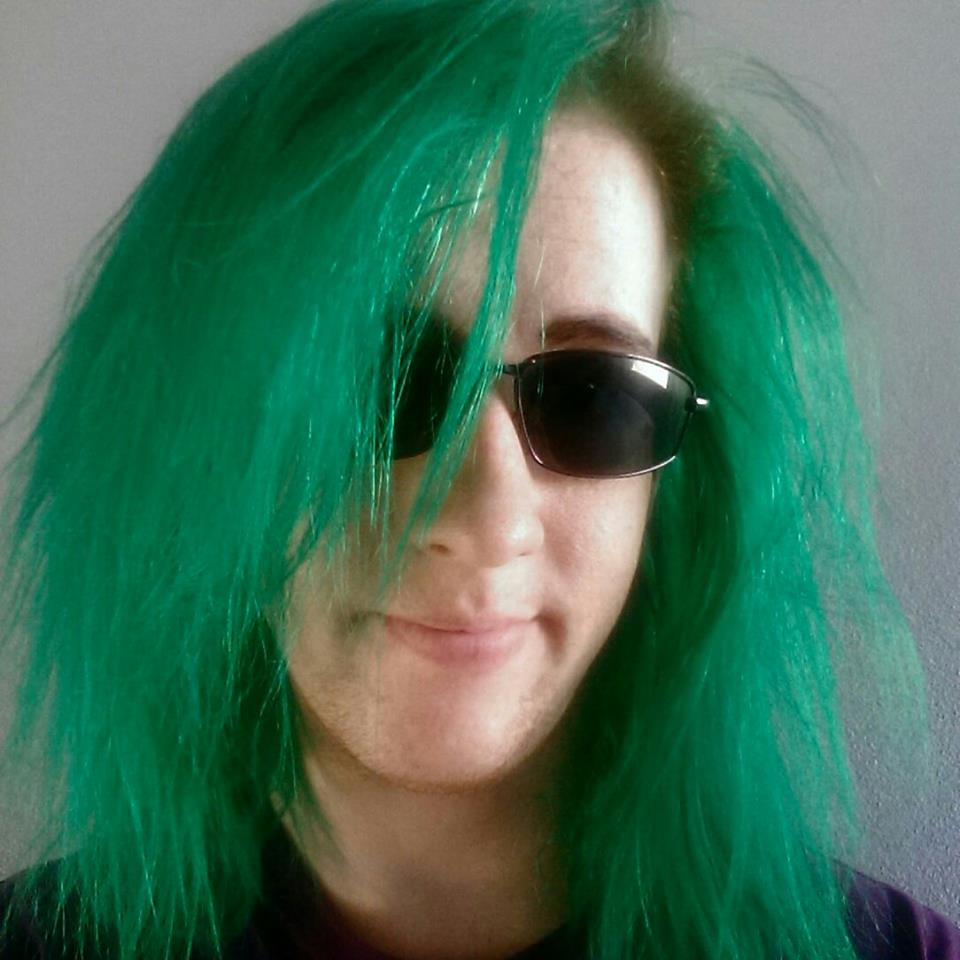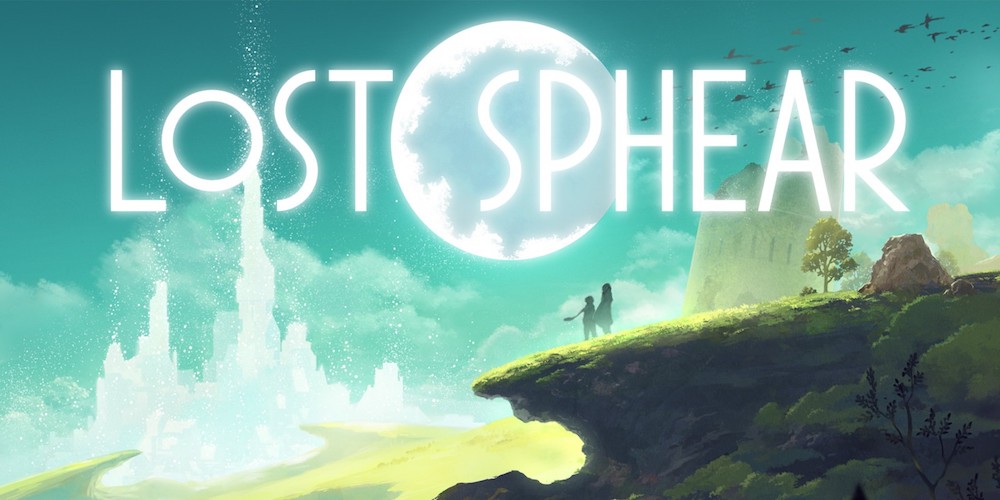
The old days of genuinely fantastic, innovative, hundred-hour plus Japanese role-playing games were an incredible high point for the industry, and many gamers top ten or best games of all time list feature more than one illustrious title from that era. So, on that note, I was quite interested to play a game from a company whose primary goal was honouring that glorious history. Tokyo RPG Factory then delivered Lost Sphear, and well, I don’t quite know what I expected, but having played quite a few of those timeless classics, I’m pretty convinced this is something else entirely.
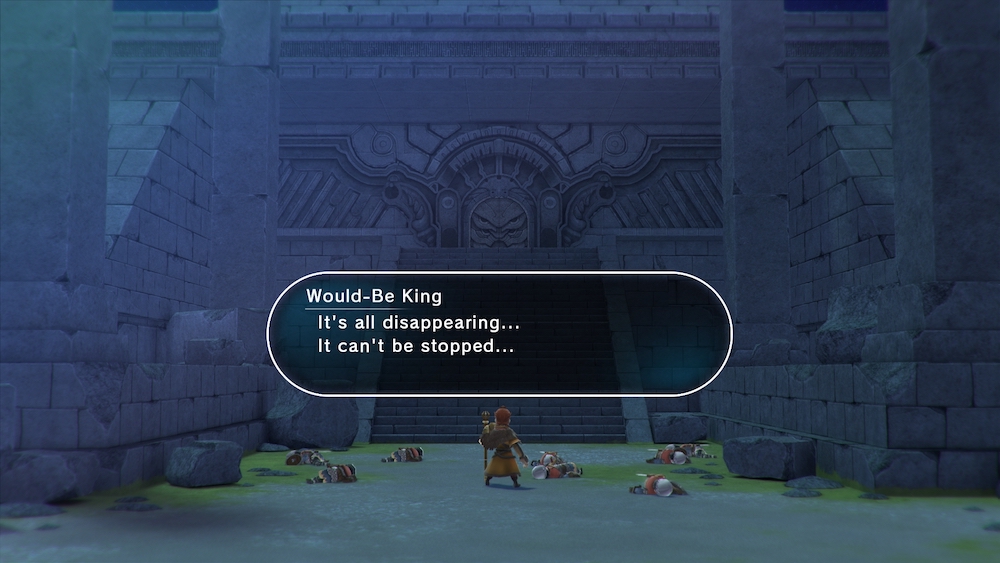
Lost Sphear is… a game. Oh boy, you say! Here we go! He opens with a line like that, and this is gonna be bad for sure. Well, yes and no. It’s not a bad game, but I do have some difficulty in saying it’s a good game. Or even an overly exciting game. There’s a lot that Lost Sphear does well, but all of it comes across in a very lacklustre sort of package. It’s taken me ages just to work out how to start describing it, though I think I have a good comparison. Although Tokyo RPG Factory is determined to make you recall the old classics like Chrono Trigger, Secret of Mana and so on, I honestly find it easier to think of The Room. Yes, that terribly hilarious, hilariously terrible film from Tommy Wiseau. Both Lost Sphear and The Room have a story, but it’s just tricky to work out what it might be with how much comes across and the pace at which it’s relayed. Both titles have characters, though it’s anyone’s guess as to what their motivation is unless they’re telegraphing it right to your face. Then lastly, both have worlds they exist in that just seem hollow, almost not there or lacking any real substance. When I worked out this comparison, I admit, I got my first laugh from the game. Or, I guess it’s one of those “we’re laughing at you, not with you” situations.
Okay, with that out of the way, let me explain what makes Lost Sphear the game it is. On the surface, all the standard checkboxes are ticked pretty much right out the gate. I almost felt like grabbing out my RPG Bingo card, but I used up that joke in my Ever Oasis review. Virtually all the same points happen in this game. This time around, a quiet, reserved (or in other words, bland) orphan boy named Kanata is the chosen hero-type with special powers he never knew about, powers that manifest just as his little village of Elgarthe suffers a disaster of sorts. Teaming up with his friends Lumina, the feisty, butch but pretty warrior-girl and Locke, the eternally hungry, lazy, stupid comic relief, both of which are oddly also orphans, the trio take up arms and set out to save the world. A fourth companion named Van joins shortly after that to fill the crucial team role of aloof, condescending douchebag and our lineup is complete.
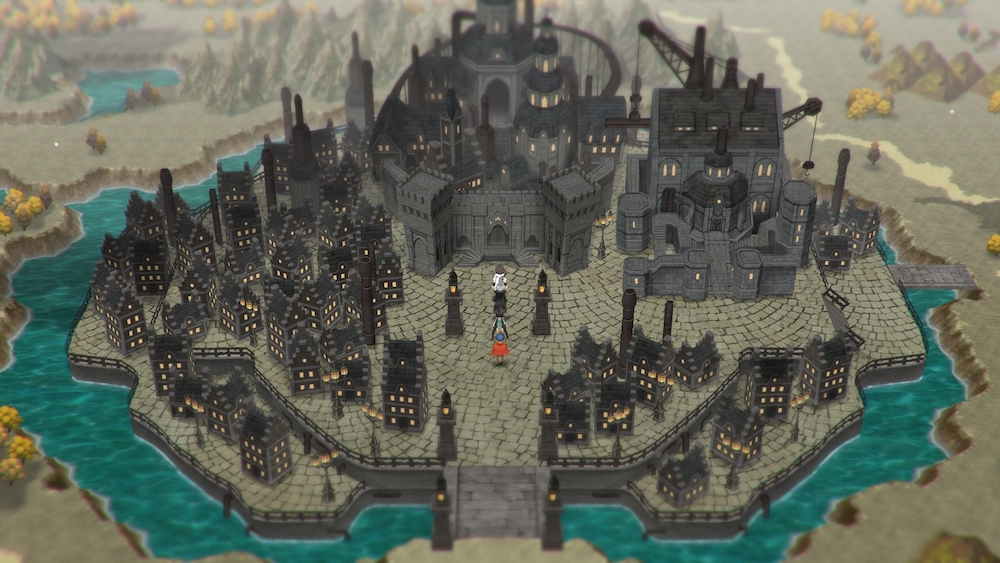
The story, or what I could make of it anyway, is doled out at a frustratingly slow pace. One thing I can say for the classics, the titles Lost Sphear is trying so hard to emulate, is that they always had a good sense of pacing. However, in this title, I found I was wandering almost aimlessly at times because, while I knew what I had to do, I had next to no motivation to do it. Even the disaster of sorts mentioned above generates a brief moment of panic from our characters, but then, I kid you not, they just go to sleep. It’s because the story needed a dream sequence, of course, to advance itself, but in a real sort of situation, rest would be the last thing on my mind if my whole hometown just went poof into white nothingness.
On that note, the white nothingness is something I’ll say Lost Sphear has that, as far as I’m aware, no other game has done quite the same. Anything that has succumbed to the white nothingness, whether it be a child’s doll or an entire town is called ‘lost’ in-game, despite how hollow that description is. Without getting too much into the how and the why of it, things in the word have started getting ‘lost’ and can only be restored by ‘memories’ collected by our heroes and brought back from nothing by Kanata’s special powers. Where this falls apart though is memories in the world are just kind of everywhere. You can wander any of the various locations or the world map and your team can collect memories from little sparkly spots scattered about the place, in addition to gold and items. Why this is weird is exactly in that sentence. If I can collect a memory just as easy as a fistful of gold, I don’t see why they needed to be such a plot crucial thing. Certain memories, usually for critical progression, are harvested from dialogue by holding a button when prompted, which are impossible to miss. Worse though are the ones rewarded after combat with groups of enemies or bigger boss-like encounters, because again, I don’t see the point. Fifty gold, cool. A memory of a tree, alrighty then. Oh hey, new sword. It’s just stuff that gets ticked off on the battle end screen, and if you don’t have enough of a particular thing after talking to everyone, just look around for more sparkly spots or things to kill.
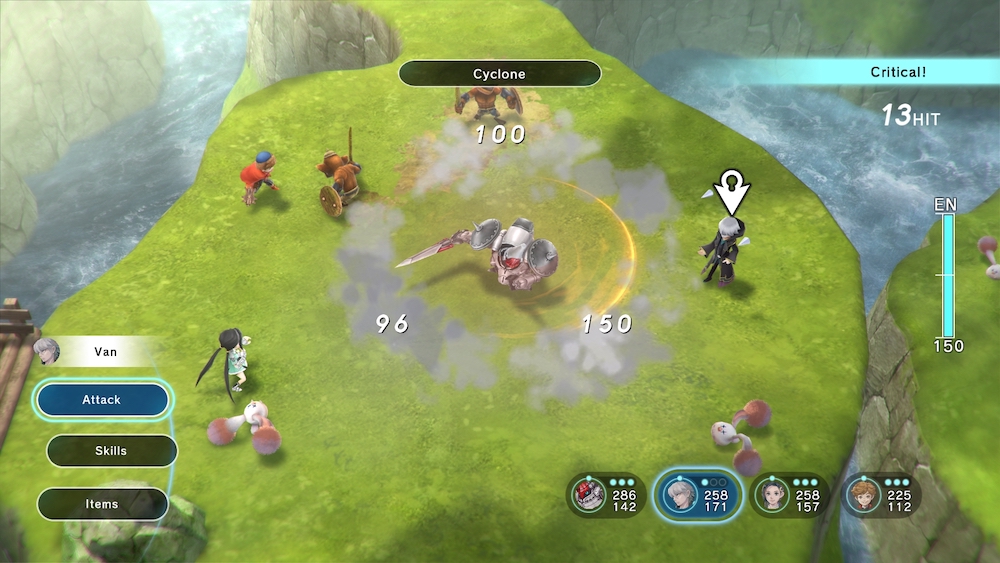
Speaking of the battle system, I can say it’s suitably entertaining, at least at first. The game starts pretty much right in the middle of a battle and wastes no time introducing you to the most crucial concepts of its active time battle system, an old favourite of the RPG genre. I quite enjoyed the ability to freely move around the battlefield, positioning my team in the ideal spot to execute their next move and trying to predict and counter where my enemy might attack. Once again though, it’s just a little polish in an otherwise dull experience. Combat grew exceedingly repetitive after only a short amount of time, regardless of how I tried to change up my tactics. I even gave up moving after a while, instead just using the automatic attack angles.
The battles themselves are all very similar, often featuring mobs of the same enemies battle after battle. Occasionally, there would be a more prominent, boss-like addition to the squads, but nothing I ever struggled against at any time. Even the actual boss battles, some of which were quite interesting to challenge, were over in a flash. I don’t know if I accidentally power-levelled my team or anything, but even on hard difficulty, the battles were woefully short and uninspired. The addition of Vulcosuits a few hours into the game didn’t help either. Essentially just mechs that your characters jump into and battle with, the Vulcosuits are an interesting concept, but ended up just a different style of combat, much like how in Jade Empire, you could switch between Thousand Cuts or Leaping Tiger or any of the other fighting styles, depending on the situation. For all the hype the Vulcosuits received in-game, the end product was just a little anticlimactic. Add to the mix all your standard cross-character chain attacks and Limit Break fashioned overdrive moves, which aren’t new ideas anymore, and unfortunately, the combat of Lost Sphear also fails to stand out in any meaningful way.
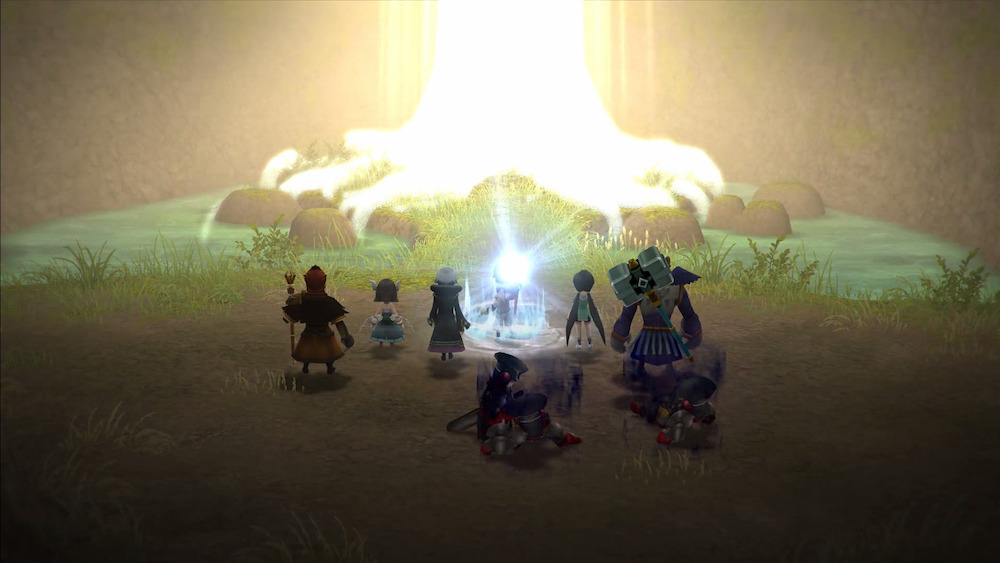
Now see, I’d usually hate to be so negative about a game the way I have been with Lost Sphear, and if you’ve read any of my previous reviews, you’ll notice I usually try to balance out my compliments with an equal amount of critique. This game just makes it very hard to find the same amount of good points as all the bad ones I’ve got, and I’ve been kind in regards to how many of them I left out this review. For every creative or smart decision comes two equally confusing or boring ones. While I didn’t mind the art, being quite detailed and impressive in a lot of aspects, the music became furiously monotonous to where I just hit mute and listened to stuff on YouTube. Using memories to restore particular points in the world or create Spritnite upgrades to trigger team bonuses was a fun idea, but entire battles could just be brute forced before I even saw the cumulative benefits. There are so many other things I could mention but you and I would be here all day.
While I applaud Tokyo RPG Factory for their focus on reminding people of the classic genre titles of old, I feel the explanation for why Lost Sphear is just so average exists in their company name. They’re a factory, and a factory produces the same thing again and again, in slightly different ways with each iteration. Using the same box of now quite old parts from classic RPGs, they hammer out a new game and call it a day. It’s a shame too because Lost Sphear has the bones of a good game in I Am Setsuna, it’s spiritual predecessor from the same team. Even though I never played it, the consensus for I Am Setsuna seems to be that it was quite good, with a few issues here and there, most of which Lost Sphear appeared to address. It’s just odd that after touching up that skeleton, it then had a Frankenstein-esque skin of other games stretched over it, a grisly coat made of a mismatched jumble of individually good ideas. When viewed all together, it’s very unmemorable and just a little frightening how this can be put out at the same price as other games with so much more to them.

Lost Sphear is an RPG that does its best to remind you of the classic genre titles that have preceded it, titles such as Chrono Trigger and the earlier Final Fantasy entries. Where this is obvious is in the overall tone and direction of the game, borrowing and reviving many old tropes and dusting off some familiar clichés. Where this fails though, is in the execution. When your company and the games it produces are focused on paying homage to the RPG greats of the last century, your new titles tend to lose a little of their own unique identity in service of “Remember this?” mechanics and nostalgic gameplay moments. I’d say if you didn’t have much else to do, Lost Sphear could probably occupy you for a little while, but there are many other titles I’d recommend, especially those classics, before I’d find myself willingly playing this one again.

